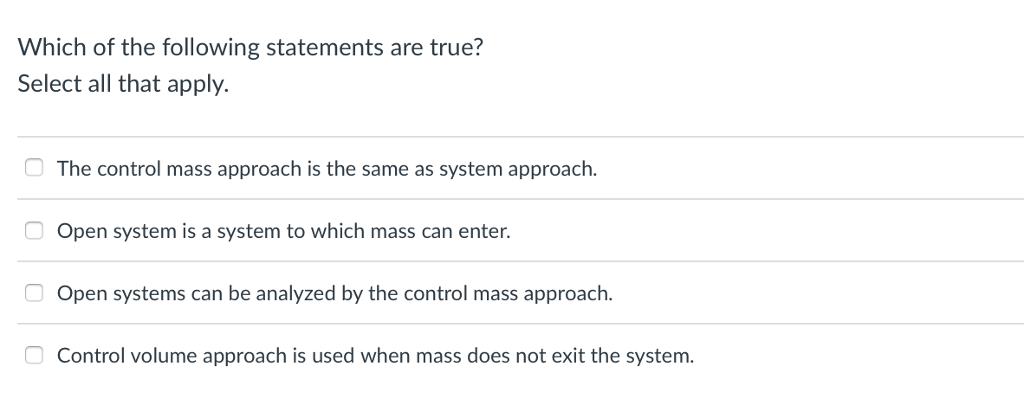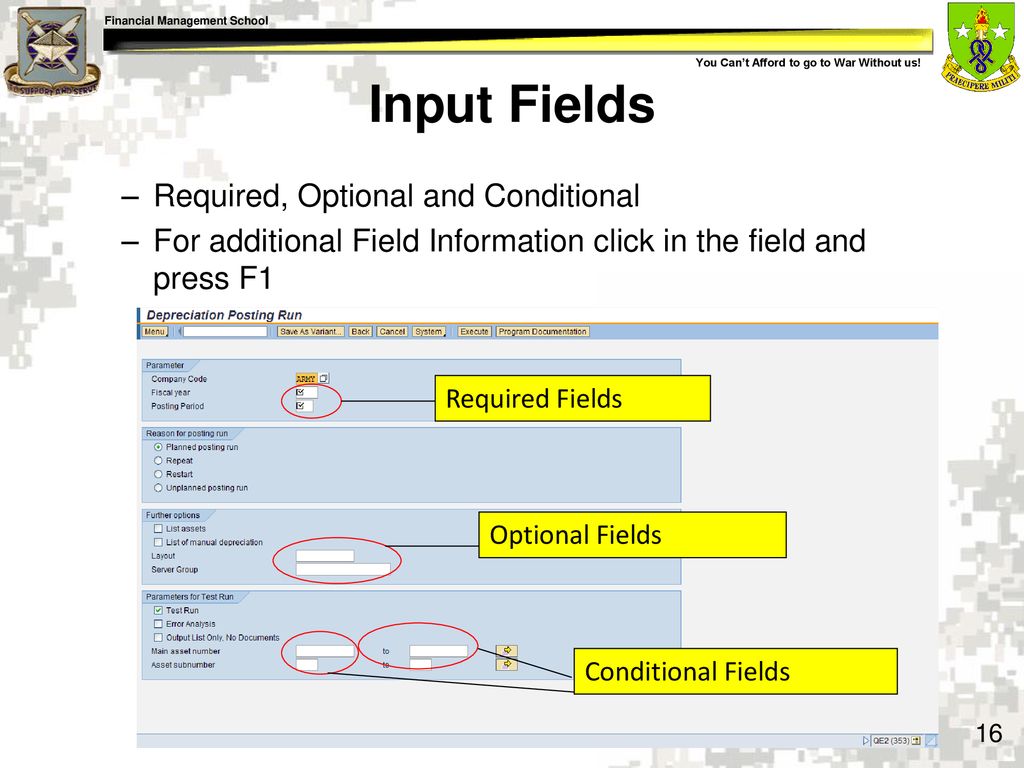Which Statement About Enterprise Systems Is Correct

The world of enterprise systems is complex and constantly evolving. Selecting the correct statement about these systems can be challenging, especially for those new to the field or navigating the complexities of large organizations. Clarification on fundamental aspects of enterprise systems is crucial for students, professionals, and stakeholders alike.
This article delves into the core concepts surrounding enterprise systems, examining a key statement and dissecting its accuracy. Understanding these systems is paramount for businesses aiming to streamline operations, enhance decision-making, and gain a competitive edge in today's dynamic market.
Understanding Enterprise Systems: A Core Statement
The statement under consideration is: "Enterprise systems are primarily designed to automate individual tasks within a single department." A thorough examination reveals this statement to be fundamentally incorrect.
Enterprise systems, by definition, are integrated software solutions. These systems are designed to manage and coordinate data and processes across multiple departments and functions within an organization.
Debunking the Misconception
The idea that enterprise systems focus on individual tasks within a single department represents a significant misunderstanding of their purpose and capabilities. Their strength lies in their holistic, interconnected approach.
These systems integrate various business processes, such as finance, human resources, supply chain management, and customer relationship management. This integration creates a unified view of the organization's data and operations.
By connecting these previously siloed functions, enterprise systems facilitate efficient communication, data sharing, and collaboration across the entire organization. They eliminate data redundancy and improve operational efficiency.
Key Characteristics of Enterprise Systems
Enterprise Resource Planning (ERP) systems are a prime example of integrated enterprise systems. These systems provide a central platform for managing all aspects of a business, from manufacturing to accounting.
Customer Relationship Management (CRM) systems are another critical component. These systems help organizations manage interactions with customers and build strong customer relationships.
Supply Chain Management (SCM) systems are also essential. These systems are crucial for optimizing the flow of goods, information, and finances throughout the supply chain.
A key characteristic of enterprise systems is their ability to provide real-time visibility into business operations. This allows managers to make informed decisions based on accurate and up-to-date information.
The Impact of Integrated Systems
The adoption of enterprise systems can have a significant impact on an organization's performance. Improved efficiency, reduced costs, and enhanced customer satisfaction are just some of the potential benefits.
For example, an ERP system can automate many manual tasks, freeing up employees to focus on more strategic activities. It can also improve inventory management, reducing the risk of stockouts and excess inventory.
A CRM system can help organizations personalize customer interactions, leading to increased customer loyalty and sales. It can also provide valuable insights into customer behavior, enabling organizations to tailor their products and services to meet customer needs.
However, the implementation of enterprise systems can be a complex and challenging undertaking. It requires careful planning, strong leadership, and a commitment to change management.
Organizations must also invest in training and support to ensure that employees can effectively use the system. The cost of implementation can also be substantial, requiring careful consideration of the return on investment.
Correct Statements About Enterprise Systems
In contrast to the initial, incorrect statement, several accurate statements can be made about enterprise systems. Enterprise systems are designed to integrate data and processes across multiple departments.
Enterprise systems aim to improve efficiency, reduce costs, and enhance decision-making. This is done by creating a unified view of the organization's data and operations.
Enterprise systems provide real-time visibility into business operations. This allows managers to make informed decisions based on accurate and up-to-date information.
Effective enterprise systems require careful planning, strong leadership, and a commitment to change management. The implementation is a complex undertaking.
Conclusion
Understanding the true nature and purpose of enterprise systems is crucial for organizations seeking to improve their performance and gain a competitive advantage. The statement that enterprise systems are primarily designed to automate individual tasks within a single department is incorrect and reflects a limited understanding of their capabilities.
These systems are designed for cross-departmental integration and data management. By embracing integrated enterprise systems, businesses can unlock significant opportunities for growth and innovation in the modern business landscape. It's important to select systems that align with the organization's overall goals.
Finally, continued learning and staying abreast of the latest developments in enterprise system technology is vital for any organization hoping to thrive in the digitally driven era. Investing in the right system is an investment in the future of the business.










![Which Statement About Enterprise Systems Is Correct [FREE] Select all the correct answers. Which three statements are true](https://media.brainly.com/image/rs:fill/w:750/q:75/plain/https://us-static.z-dn.net/files/dde/a08d878dd5c23e982fdc2637c38beee1.png)



